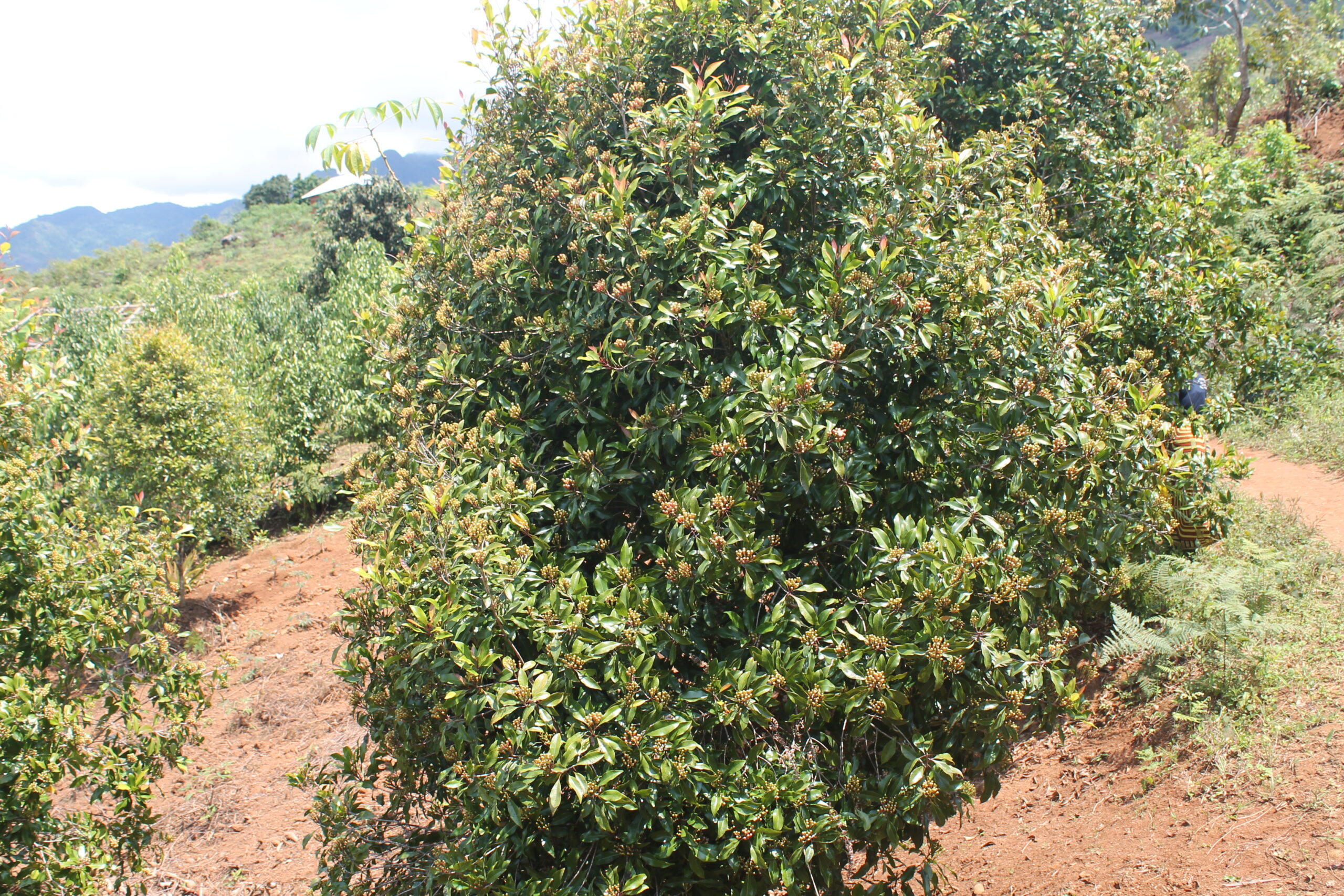Minister Bashe Delivers on Promise: Tanzania to Launch Co-operative Bank on April 28
DODOMA: Tanzania is preparing to turn a bold vision into national reality with the official launch of the Co-operative Bank of Tanzania (CoopBankTanzania) on April 28, 2025, an initiative that cements Hon. Hussein Mohamed Bashe, Minister for Agriculture, as one of the country’s most transformative policy champions.
The launch, to be officiated by President Samia Suluhu Hassan at the Jakaya Kikwete Convention Centre in Dodoma, is not just the inauguration of a bank—it is the culmination of Hon. Bashe’s six-year reform agenda to restore dignity, autonomy, and prosperity to Tanzania’s cooperatives and smallholder farmers.
“Three years ago, we made a promise. On April 28, 2025, we fulfil it. From words to reality,” Bashe shared on X, capturing the deep resolve behind the initiative.
CoopBankTanzania began operations in October 2024 and is already being hailed as a landmark achievement for Tanzania’s agricultural and cooperative sectors. With an initial capital base of TZS 55 billion, and 51% ownership by cooperative unions—including AMCOS and SACCOS—the bank is purpose-built to serve the rural economy, ensuring affordable access to credit, inputs, and financial tools for those who need them most.
Under Bashe’s leadership, the Ministry of Agriculture has not only delivered on a long-standing policy ambition but has also institutionalized a member-driven banking model that strengthens grassroots control, reduces dependence on exploitative intermediaries, and empowers Tanzanian farmers to become bankable and productive entrepreneurs.
“This is more than a financial institution,” Bashe said. “It’s a development engine. It’s a tool for equity. And it’s a legacy we proudly gift the cooperative movement.”
To ensure rapid expansion, the bank will operate initially through four branches and use major cooperative unions as financial agents, embedding services at the heart of rural communities. Innovative systems such as the Warehouse Receipt System (WRS) will be supported to ensure stable market access and fair prices for key crops.
In a move that integrates CoopBankTanzania directly into the agricultural value chain, the Ministry will also require all licensed crop buyers in coffee, tobacco, and cashew sectors to operate accounts with the bank—further anchoring its role in regulating, financing, and digitizing crop trade.
This milestone aligns with Tanzania’s #Agenda1030, a national framework to modernize agriculture, uplift farmers, and secure long-term food and economic security.
🔍 Implications of CoopBankTanzania for Smallholder Farmers
A Game-Changer in Agricultural Finance and Inclusion
1. Improved Access to Affordable Credit
Research Insight:
Studies by the World Bank, IFAD, and Tanzania’s Agricultural Sector Development Programme (ASDP II) consistently identify limited access to affordable credit as one of the top three barriers to smallholder productivity.
Impact of CoopBankTanzania:
- The bank’s member-owned model (51% owned by cooperatives) ensures tailored financial products with lower interest rates.
- Farmers will access seasonal loans timed with crop cycles, reducing reliance on loan sharks and exploitative informal lenders.
2. Reduced Transaction Costs and Greater Financial Inclusion
Research Insight:
Many rural farmers are excluded from formal banking due to distance, fees, and lack of collateral.
Impact of CoopBankTanzania:
- Use of cooperative unions as agent branches brings banking services closer to remote villages.
- Simplified KYC (Know Your Customer) processes through AMCOS and SACCOS enable first-time financial access to thousands of rural Tanzanians.
- Mobile banking integration will lower the cost of transactions and encourage digital financial inclusion.
3. Boost in Input Financing and Productivity
Research Insight:
Input constraints (seeds, fertilizers, equipment) are a major bottleneck for yield improvement.
Impact of CoopBankTanzania:
- The bank will offer input-specific loans, including for fertilizer, certified seeds, and mechanization.
- Bundled services—credit plus input delivery through cooperatives—improve input timeliness and yield outcomes.
- Expected productivity gains of 15–30%, based on similar cooperative banking models in Kenya and Ethiopia.
4. Support for Value Addition and Storage through WRS
Research Insight:
According to USAID and AGRA, post-harvest loss and poor access to storage and aggregation facilities cost Tanzanian farmers over 30% of their harvest annually.
Impact of CoopBankTanzania:
- By financing and promoting the Warehouse Receipt System (WRS), the bank allows farmers to:
- Store produce safely
- Avoid distress sales
- Borrow against stored crops as collateral
- This stabilizes market supply and increases farmer bargaining power.
5. Price Stabilization and Market Access
Research Insight:
Price volatility in the market is a major risk for smallholders, often leading to losses after harvest.
Impact of CoopBankTanzania:
- By requiring crop buyers (e.g. in coffee, tobacco, cashew) to bank with CoopBankTanzania, the Ministry creates a more transparent and traceable market system.
- Farmers will receive payments directly into their accounts—minimizing delays and theft.
- Over time, this will contribute to price stabilization mechanisms and reduce dependence on middlemen.
6. Strengthening Farmer Organizations and Collective Action
Research Insight:
Strong cooperative systems lead to higher income, better access to markets, and increased policy voice.
Impact of CoopBankTanzania:
- The bank will revitalize AMCOS and SACCOS, incentivizing good governance and transparency.
- As shareholders, cooperatives will have a stake in bank management and policy direction, reinforcing accountability.
- Group-based lending models can unlock larger-scale investments (e.g. irrigation, transport).
7. Resilience to Climate Shocks and Risk Management
Research Insight:
Climate change increases the need for risk-sensitive financial services, like index-based insurance and weather-linked loans.
Impact of CoopBankTanzania:
- The bank is expected to integrate climate-smart finance products, in collaboration with insurance companies and NGOs.
- Farmers will be better protected from droughts, floods, and pests, enhancing long-term resilience.


